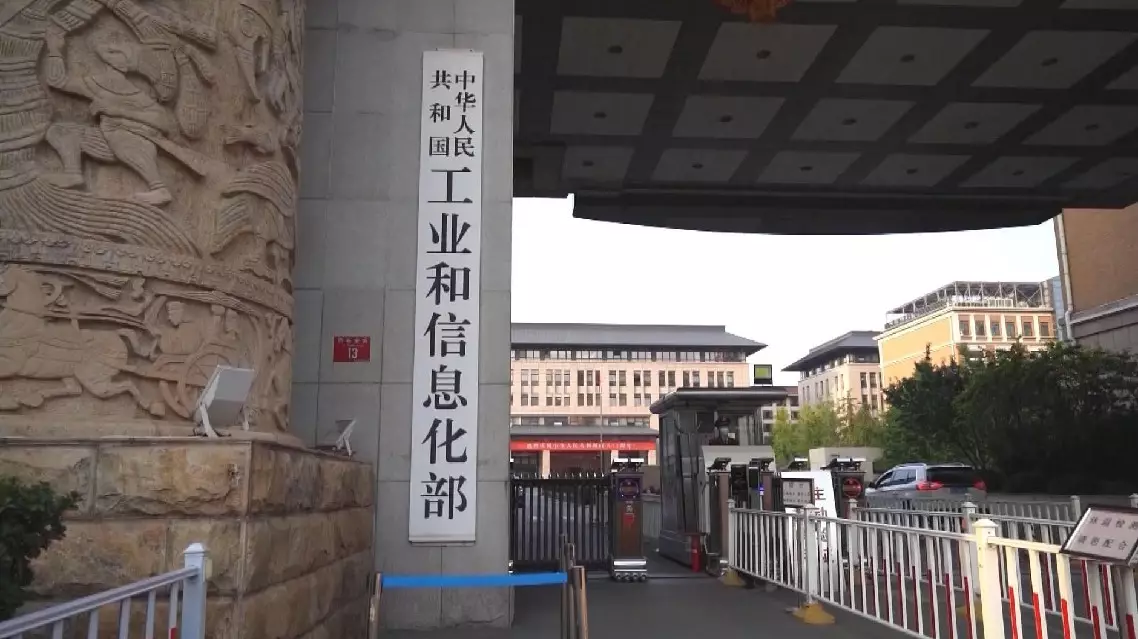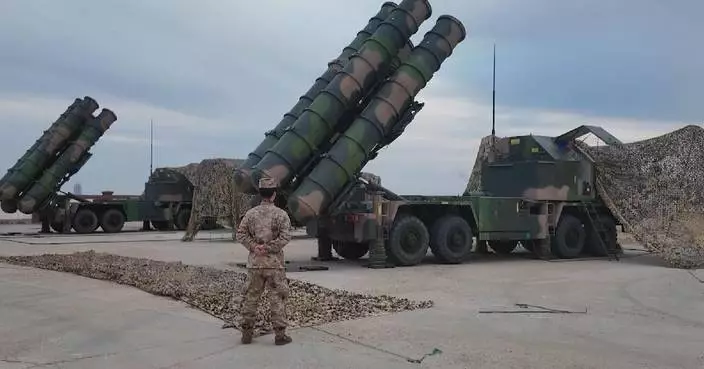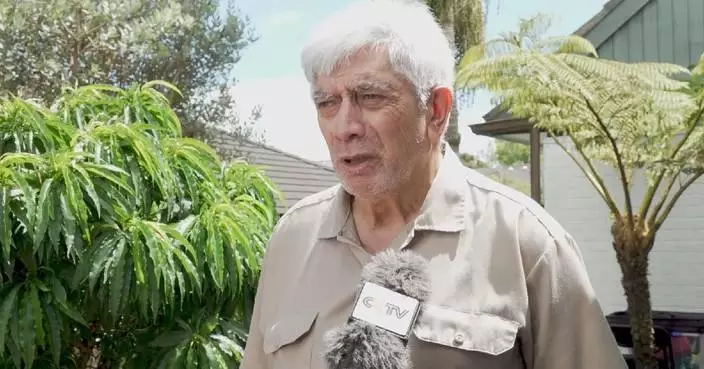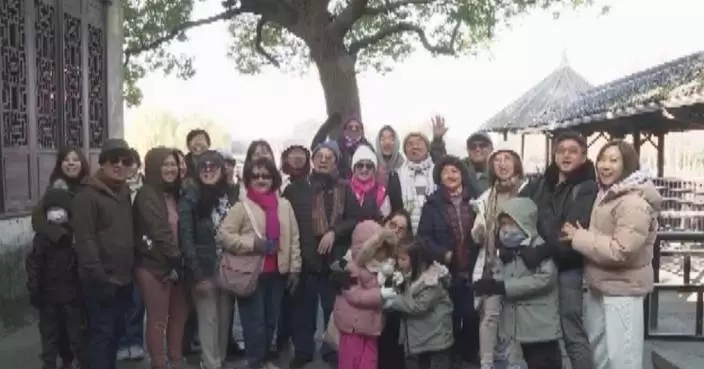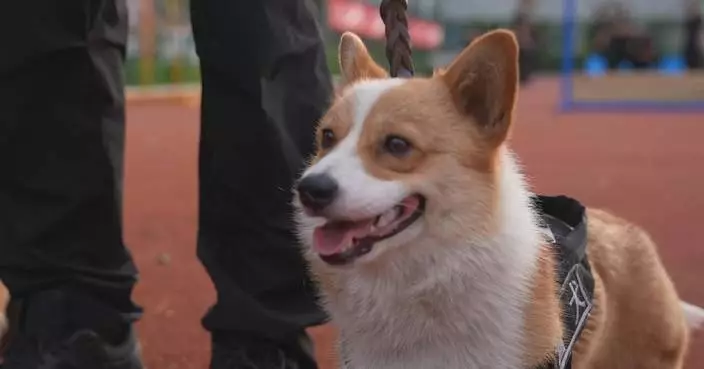The death toll from Israeli attacks on Lebanon since the beginning of the Israeli-Hezbollah conflict on Oct. 8, 2023 had reached 3,013, with injuries rising to 13,553, the Lebanese Health Ministry said on Tuesday.
According to Lebanese media reports on Tuesday, the Israeli army launched air strikes in many places in Lebanon that day, causing at least dozens of casualties as the Israeli army said that it had struck several Hezbollah targets in Lebanon.
The Israeli airstrike on the southern Lebanese town of Burja on Tuesday killed 20 people and injured 14, with rescue and rubble removal work still underway, according to the ministry.
The Israeli attacks also killed five people near the Baalbek region in the Bekaa Valley in eastern Lebanon, including the two who died in a car blown up by the Israeli army.
The Israeli army said it carried out airstrikes on a building in southern Beirut on Tuesday as "armed personnel were active in the building" and posed a threat to the Israeli army. In addition, the Israeli army raided several Hezbollah targets in Lebanon and destroyed many military buildings and infrastructure, including an underground infrastructure about 70 meters long.
The rescue team of the Lebanese Red Cross on Tuesday pulled seven bodies out from the rubble of Beit al-Siyad in southern Lebanon, and the Red Cross was able to reach the town to carry out rescue operations with the support of the Lebanese army.
The town of Beit al-Siyad was reportedly hit by Israeli air strikes on October 31.
According to the Lebanese National News Agency on Tuesday, the recent large-scale air strikes and ground operations by the Israeli army have caused extensive damage to the southern border area of Lebanon, especially within a 3-kilometer radius on the Lebanese side of the temporary border.
According to statistics, 37 villages and towns along the Lebanese side of the temporary border from west to east have been destroyed, and 40,000 houses have been completely reduced to ruins.
Many places in Israel were also attacked by rockets and drones launched from Lebanon on Tuesday.
Air defense sirens were sounded on Tuesday in the northern Israeli city of Haifa and surrounding areas, and the Israeli military issued a statement saying that it had intercepted two rockets fired from Lebanon into Israel.
The Israeli military also said that it had intercepted several drones entering from eastern and northern Israel that day.
Since Sept. 23 this year, the Israeli army has conducted an intensive air attack on Lebanon, marking a dangerous escalation with Hezbollah. Earlier in October, Israel initiated a ground operation across its northern border into Lebanon.
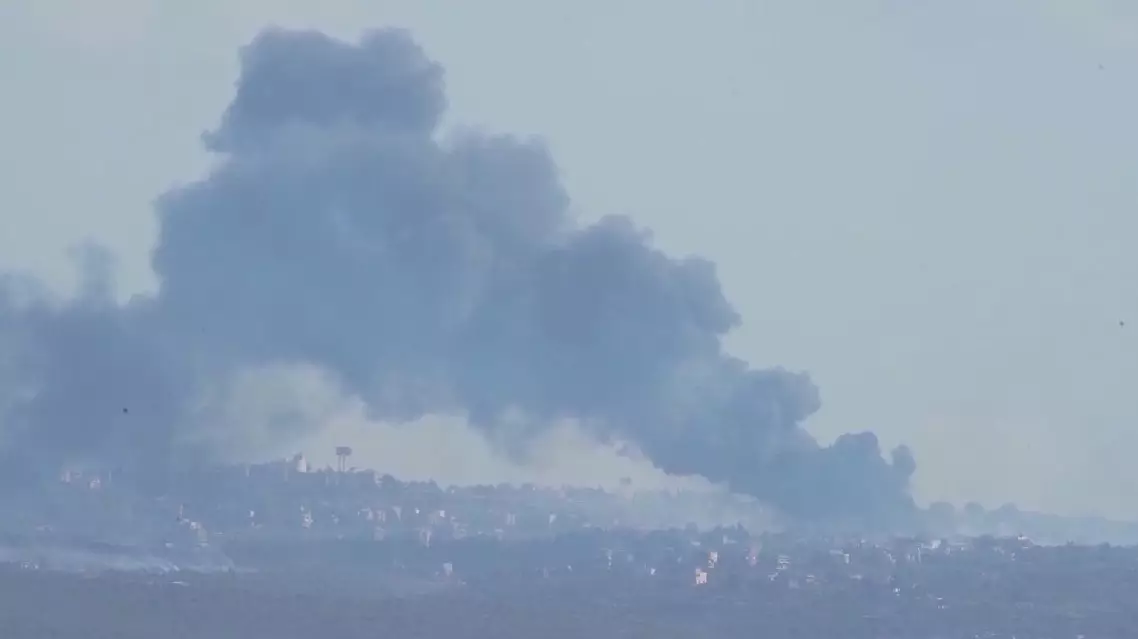
Death toll from Israeli attacks on Lebanon rises to 3,013


